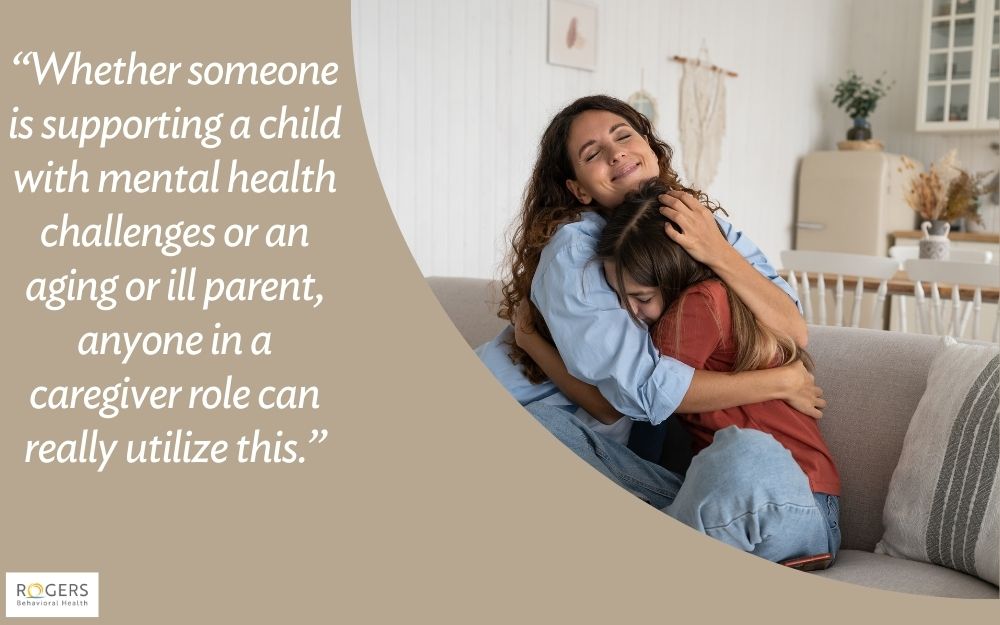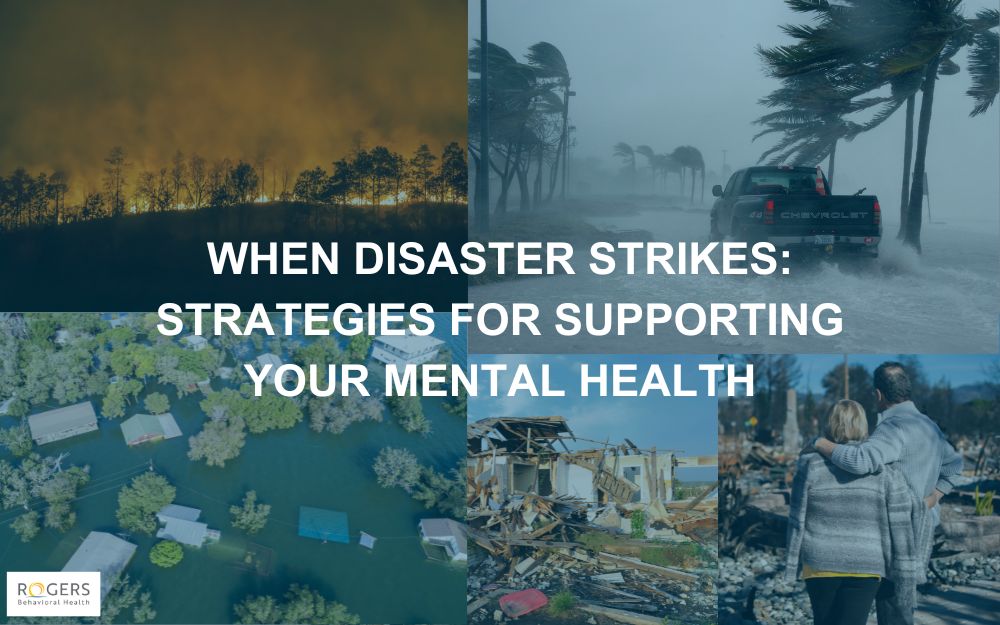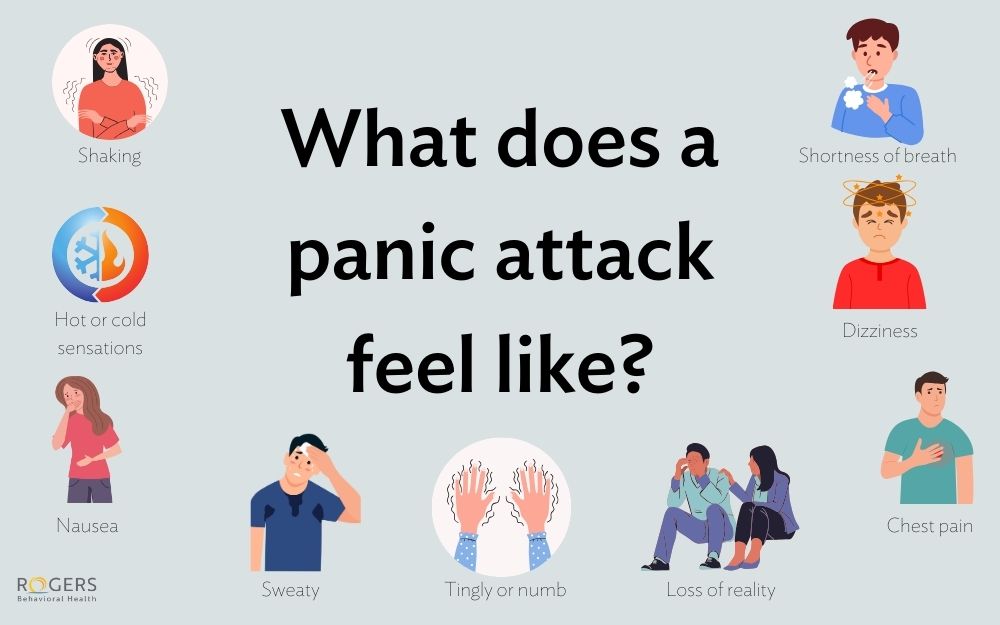Empowering caregivers to help prevent burnout
Posted on 01/16/25 02:17:pm
Share this article:
Anyone who has ever been in a caretaking role knows the rewards and challenges that come with it. Often requiring a lot of physical and emotional strength, caretaking can take a toll on the caregiver, leaving a person feeling exhausted, overwhelmed, or burned out.
Caregiver Resource Guide

“We were talking about how we can continue to utilize the toolkit and the resources that we have to help the community, specifically those in caretaking roles,” says Brittney Fair, MSW, APSW, training lead. “We recognize not everyone can attend the eight session groups that are part of the toolkit, so we wanted to provide the information in a way that anyone can access it, work through it at their own pace, and explore the topics that are most meaningful to them. Whether someone is supporting a child dealing with mental health challenges or an aging or ill parent, anybody who holds a role of caring for others can really utilize this.”
A community need for caregiver fatigue support tools
Emily Jonesberg, MSW, LCSW, program manager for Community Learning and Engagement and WISE, adds that feedback from Rogers’ clinicians, as well as from those who work with families in the community, suggests that people are always looking for valuable resources.
“Counselors, school family liaisons, and faith leaders are interested in getting additional resources to help parents and families,” says Emily. “Going beyond the typical self-care strategies that we are often provided in our society around eating well and exercise, the guide explores how to create a sense of well-being not only for yourself, but also for the person or people that you care for. Our goal is to be more holistic and all-encompassing.”
One of the main differences between the new guide and the Compassion Resilience toolkits for schools and Health and Human Services is that it explores family language and family culture.
“If we want to improve the family dynamic, we need to go to the foundation, which is values,” Brittney explains. “We help people think about what their values are and where they came from, in addition to how they live out their values in everyday life and within the family. As a person works through the guide and identifies their values, they stay fresh in their mind as they explore expectations and boundaries for themselves and others.”
When experiencing compassion fatigue focus on yourself to help prevent caregiver burnout
The guide also tackles topics like self-compassion and compassion fatigue.
“We want people to understand that compassion fatigue is normal and it’s important to talk about,” she says. “The guide helps people identify what’s driving the fatigue – the things that are causing a person’s shoulders to be by their ears or their breathing to be off. Once the stressors are known, then a person can work on ways to minimize them. While the guide is not a cure all, it helps to start conversations that people may not have thought about having.”
Brittney says besides starting conversations, she wants caregivers to begin focusing on themselves.
“We have different mindfulness practices and self-check-ins throughout the guide,” she shares. “We want caretakers to be proud of themselves because they’re doing so much.”
Brittney is currently working on a facilitator guide, expected to be available before the end of the year.
If you would like more information, contact the team at wise@eliminatestigma.org.
Rogers provides mental health and addiction care
If you or a loved one is struggling with mental health or addiction challenges, we’re here to help, Call 800-767-4411 for a free, confidential screening.


